Luke Cage is a series both elevated and brought down by its comic book origins, but the result is one of the best and most original spin-offs of the superhero genre since, well, Jessica Jones.
[youtube id=”ytkjQvSk2VA” align=”center” maxwidth=”530″]
• Production Company: Marvel Television, ABC Studios
• Original Network: Netflix
• Showrunner: Cheo Hodari Coker
• Episodes: 13

Spinning off from the previous Marvel series, Luke Cage opens with the titular hero having moved uptown from Hell’s Kitchen to Harlem. Where he makes a living sweeping the floors at a barbershop run by reformed gangster and activist Pop, and by cleaning dishes at the nightclub owner and run by very much unreformed gangster Cornell ‘Cottonmouth’ Stokes. Despite trying to live as peaceful and anonymous life as possible, he’s eventually forced to make a stand against the criminals in his neighbourhood to do what’s right.
As premises go, it’s pretty much standard fare; a reluctant hero being forced to act by his unbending moral compass. What separates the core premise from the dozens of run-of-the-mill vigilante stories in the genre is the unfailingly, stylish execution and some fantastic performances from the cast.
Mike Coulter plays the title character with such effortless charm that you wonder if he’s actually acting at all. He was already a standout part of Jessica Jones when he debuted there, but he’s given far more room and time to stretch here and does a fantastic job of it. Cage is fixed point in human form, resolute and determined to the extent that you get the sense that even if he weren’t bulletproof, he’d be a force to be reckoned with. As it is, his invulnerability gives the action an interesting dynamic. As he’s bulletproof and superhumanly strong, fighting mostly normal human beings, he waltzes through any and all opposition with actually no resistance.
One standout moment is the one man assault he wages on the villain’s heavily fortified base of operations in episode 3. Clearly an homage to the now famous hallway fight scene from Daredevil Season 1, this also serves to make clear exactly how skilled our hero is; but rather than being a drag out bare-knuckle fight, instead Cage powers through dozens of heavily armed goons like he’s swatting flies.
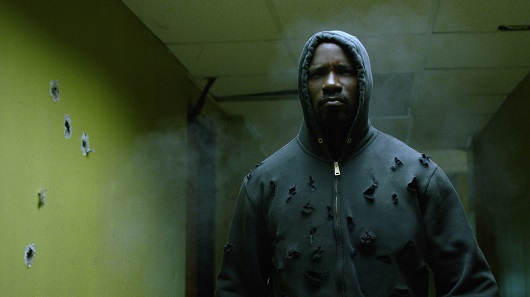
The other performance accolades have to go to Mahershala Ali as Cottonmouth and Alfre Woodard as his politician cousin Mariah Dillard. These two characters, more than anything, symbolise the issues that Luke Cage keeps at its forefront, namely race and class politics in America. Both of them are from poor backgrounds who’ve been elevated by crime and violence. The money Cottonmouth makes from his illegal business is funnelled into Mariah’s election campaigns, and in return, she makes sure that whatever legal and economic protection he needs is provided.
These two actors play off of each other in a way that communicated both the familial love they clearly share and the animosity they feel at being so beholden to each other. Cottonmouth, like all the best villains, is an inversion of the hero he faces. A man with his own clearly defined morality who wants to protect what he holds closest to him. It just happens to be that what he cares most for is his money and his legacy, rather than the safety of the people of Harlem.
Honourable mentions should also go to Simone Missick as incorruptible police detective Misty Knight and Rosario Dawson as Claire Temple, a character who first appeared in Daredevil Season 1 and is now officially the connective tissue of the Marvel Netflix canon.
I mentioned before that style is a big part of what makes Luke Cage great and this is present in nearly every aspect of the show’s construction. The show was filmed on location and the vision of Harlem it shows as both an impoverished inner city area and a vibrant location full of life and the very best of humanity are intoxicating. Also, deserving of special mention is the use of music. Unsurprisingly the soundtrack is full of classic hip-hop, RnB and soul, with songs that could have been written especially for the moments they emphasise. Each episode features a scene set at the Harlem’s Paradise nightclub, where the musicians performing on the stage score the action taking place elsewhere. And when Luke breaks down the doors to the criminal’s stronghold to the radio edit of Wu-Tang Clan’s Bright the Ruckus (presumably listening to the radio edit because Cage doesn’t approve of curse words), it’s note perfect.
All of this alone would be enough to elevate Luke Cage to the level of the Daredevil series. Excellent direction, fantastic performances, and a unique sense of place position it as another strong addition to the Netflix cannon. But it has an additional facet which makes it the absolute must-watch that it is, which is the firm and upfront way it explores issues of race in the USA. There are only a couple of characters in the show played by white actors, and they’re all very minor roles. Harlem is a place synonymous with African-America culture and it follows that most of the characters and inhabitants will be people of colour also.
This makes for not only a refreshing change of pace regarding visual and cultural language but also allows the show to draw apt parallels between the Marvel universe and our own. As much as Captain America and the like want to make points about our world through the filter of fantasy, Luke Cage keeps it close to home. Police brutality, poverty and issues of cultural identity are key to understanding not only America but the world as a whole, particularly in the moment. It feels timely for a show in the Marvel Universe to address this, and yet the issues it explores and discusses are timeless. Luke Cage wears its influences and ambitions on its sleeve, and it carries them off with aplomb.
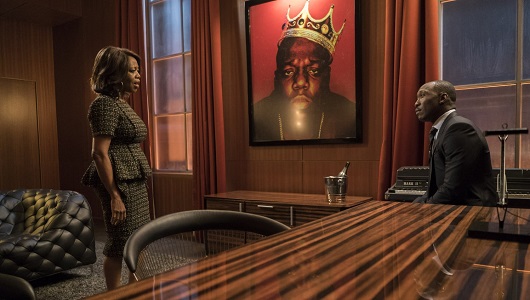
I wish I could end the review here without a single criticism, but sadly Luke Cage does fall slightly towards the end. The biggest issue is the pacing, thirteen episodes could have easily been condensed to seven or eight and kept all of the most important moments and stories intact. Halfway though they try to introduce a secondary villain waiting in the wings and it’s this subplot that feels the most forced and uncomfortable. Giving our hero an out and out super-villain to fight is a very comic book move but it feels like unnecessary padding. They might have had better luck pushing that storyline into a second series to give it time to develop, but as it stands it’s just OK. And the rest of the show is so far removed from just OK that it makes it stand out all the more clearly.
Luke Cage is a fantastic show, not only one of the most original and unique iterations of a superhero show that has come out but also a programme that bravely pushes an agenda and wants to leave no uncomfortable stone unturned. It does suffer from some issues of pacing in the second half, but the first seven episodes alone are worth the price of a Netflix subscription.
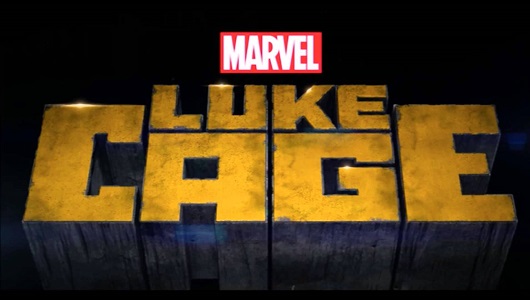
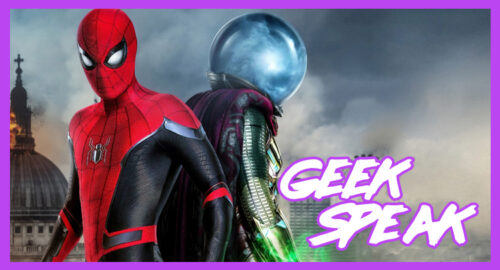
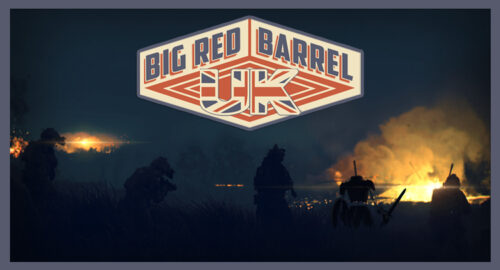

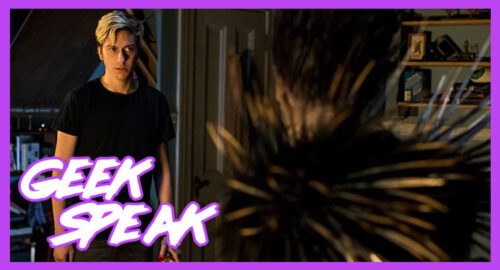
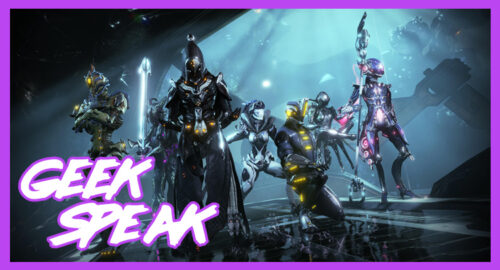

PacManPolarBear
Great review. I too found the last couple episodes a bit off. But it’s a great show overall. The cast was soooo good. And the amount of subtle easter eggs made me happy.
rwilliamssmith
The scene where he has the yellow shirt and tiara was definitely my favourite of the easter eggs